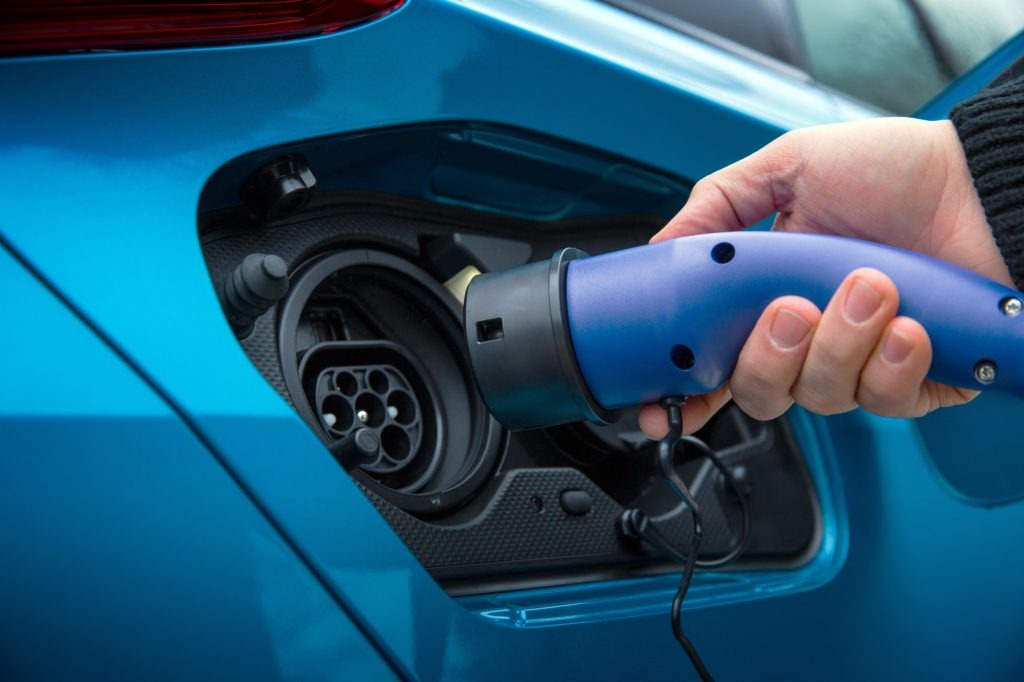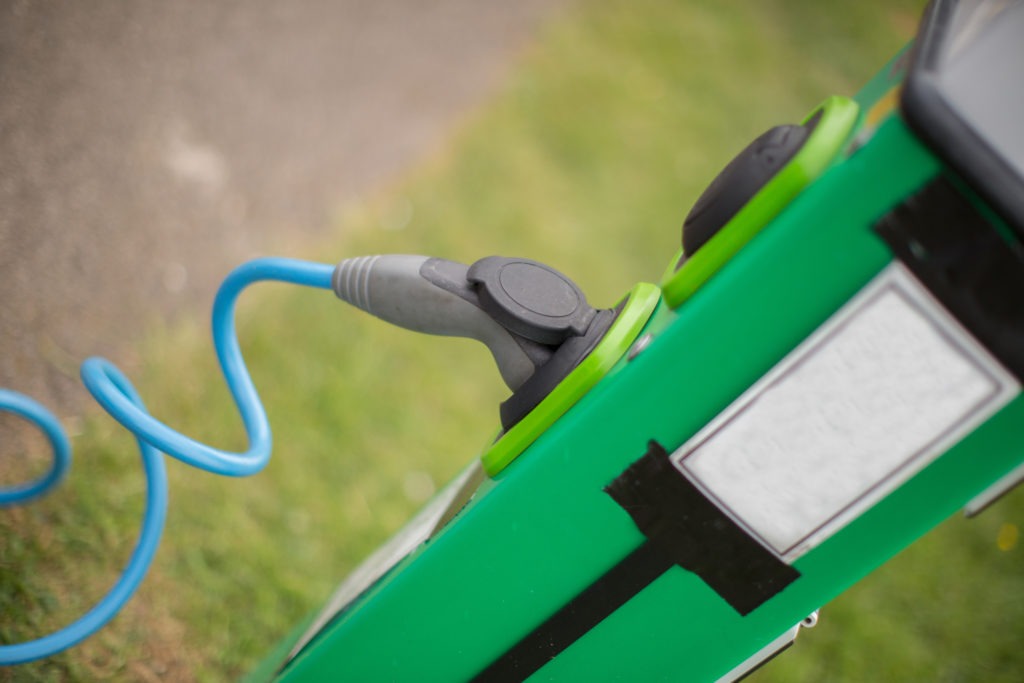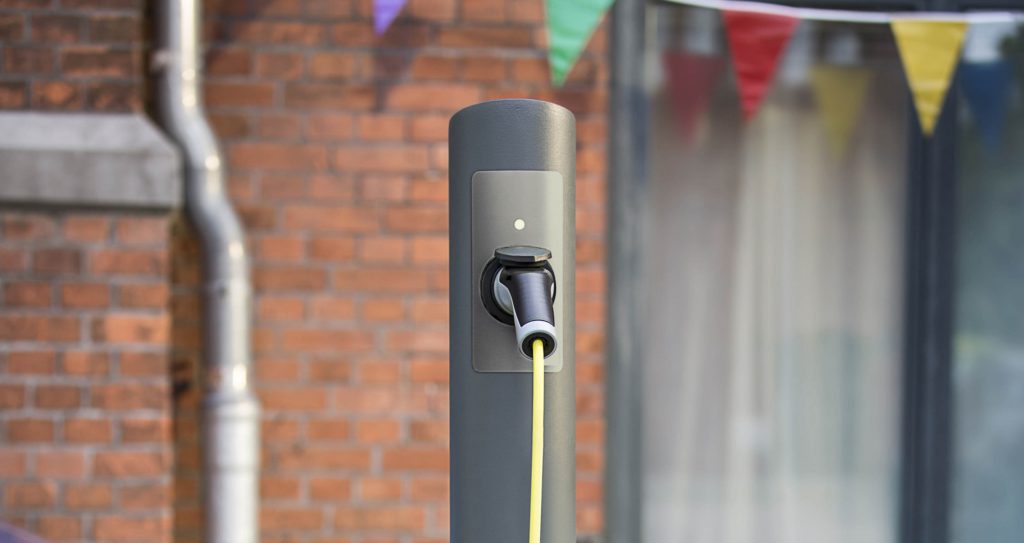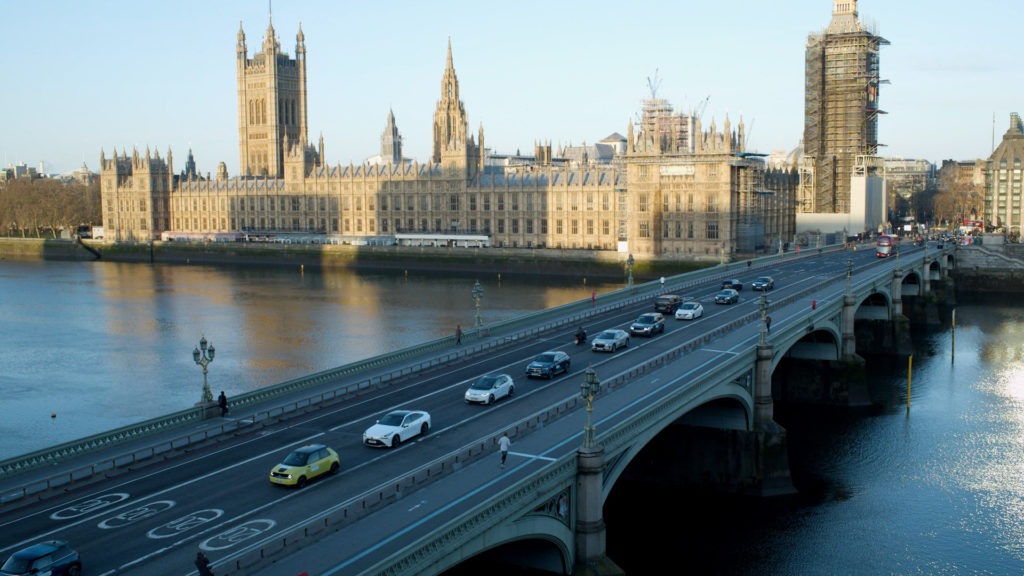Investigation into EV infrastructure opened in UK as demand swells
27 July 2021

An investigation into suspected breaches of UK competition law concerning the supply of electrically-chargeable vehicle (EV) charging points has been launched by the Competition and Markets Authority (CMA).
The consumer watchdog published a set of measures it believes would help ensure a network of available, simple, and accessible charging points. Plans to decarbonise transport in the UK lean heavily on electrification, but insufficient infrastructure could spell disaster for mass adoption.
‘EVs play a critical role in meeting net zero, but the challenges with creating an entirely new charging network should not be underestimated,’ said Andrea Coscelli, CMA chief executive. ‘Some areas of the rollout are going well and the UK’s network is growing – but it is clear that other parts, like charging at motorway service stations and on-street, have much bigger hurdles to overcome.’
An infrastructure investigation
The CMA is investigating long-term exclusive arrangements between the Electric Highway Company (acquired by Gridserve in June), Ecotricity Group and three motorway service operators: Moto Hospitality, Roadchef and Extra MSA. The suspected breach of competition law concerns the supply of chargepoints on or near motorways.
Established in 2011, the Electric Highway provides 80% of all points at motorway service stations (excluding Tesla superchargers). Furthermore, its long-term exclusive arrangements, which can last between 10-15 years, cover roughly two-thirds of these sites.
The concern is that these arrangements make it difficult for other operators to break into the market. This could mean drivers lose the potential for greater provision, choice, competitive prices and reliable, high-quality infrastructure.
In terms of legislation, the investigation covers concerns Chapter I of the Competition Act 1998, while the Electric Highway Company and Ecotricity’s long-term exclusive arrangements are being considered under Chapter II.
Just after an acquisition
Responding to the CMA’s announcement, Gridserve began by highlighting that it acquired the Electric Highway less than two months ago as it attempted to accelerate decarbonisation and make EVs as attractive as possible. It claims to have already made progress upgrading the network, including the replacement of chargers in over 70 locations as well as introducing a customer charter.
‘Our focus is to find a path forward that addresses the concerns raised by the CMA, enabling us to retain momentum and continue to swiftly deliver the net-zero charging infrastructure plans and investment we have worked so hard to put in place, that supports the successful uptake and transition to electric vehicles, in-line with the government’s clearly stated objectives,’ Gridserve said.
‘We are committed to working with the CMA and have cooperated fully with them regarding their recent market study. We hope the investigation can be completed swiftly and will respond in due course to the findings,’ a Roadchef spokesperson said. ‘As this matter is still under investigation, we are unable to comment further at present.’
A statement from Moto Hospitality read: ‘We have just been notified of the CMA’s competition law investigation into the supply of electric vehicle charge points and will be cooperating fully.’
Ecotricity did not respond prior to publication and Extra MSA did not comment on the matter.
Easy as petrol
The UK has some 25,000 chargepoints, but forecasts suggest 10 times this number will be required by the beginning of the next decade. As part of a market study into the upcoming sector, the CMA found that certain areas are developing relatively well. These locations include; shopping centres, workplaces and private parking.
However, other areas are not performing as expected. For example, there is a slow rollout of on-street charging by local authorities, rural areas risk being left behind because of limited investment and the availability of chargepoints at motorway service areas is low due to limited competition. The CMA has therefore laid out four principles to ensure that using and paying for charging is as simple as filling up with diesel or petrol.
- Working infrastructure must be easy to find. This means providing up-to-date availability and working status information;;
- Charging must be simple and quick to pay for. So consumers do not need to sign up for outside systems, and contactless payment is possible;
- The cost must be clear, with a standard pricing format such as per kilowatt of energy; and
- Charging must be accessible to all types of EV.
Gridserve agreed with the CMA’s principles, stating its Electric Highway already embraces them. It has developed an interactive map to make journey planning easier, as well as partnering with third-party mapping companies like Zap-Map. The company also said contactless payment is possible at every new charger, pricing follows a £0.30p per kWh (€0.35 per kWh) structure at motorway locations and its network is open to all types of EVs.
A much-needed boost
The CMA went on to make four further recommendations to the UK government. Firstly, a national strategy should be established to oversee the rollout of EV infrastructure from now up to 2030. Furthermore, energy regulators should ensure it is quicker and cheaper to plug in at new points.
Secondly, the government should support local authorities in their attempt to boost on-street charging. This will require the establishment of clearer roles during rollouts, as well as providing funding for the necessary expertise.
Thirdly, the CMA advises conditions be attached to its £950 million Rapid Charging Fund, which will be used for grid upgrades at motorway service stations. This should open up the competition so drivers have a better choice of provider at each station.
Finally, the UK government should foster a feeling of trust and confidence in the charging sector. This would mean tasking a public body with monitoring the industry during its development to ensure simplicity remains a core tenant.



